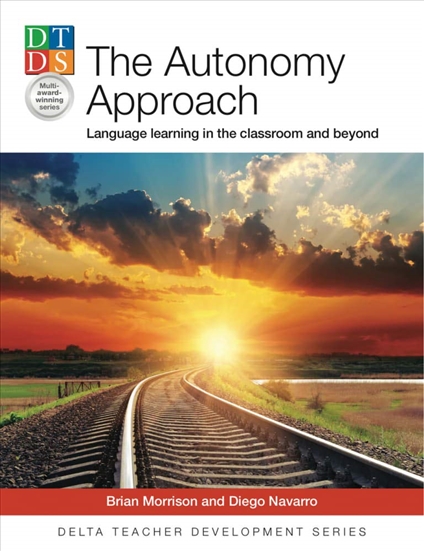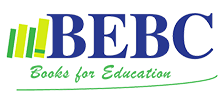
The Autonomy Approach draws on a broad range of approaches to learning, including differentiated, individualised, self-directed, self-access, and open-access, as well as incorporating key features of language-related study skills and strategies.
With the autonomy ...
The Autonomy Approach draws on a broad range of approaches to learning, including differentiated, individualised, self-directed, self-access, and open-access, as well as incorporating key features of language-related study skills and strategies.
With the autonomy approach, emphasis is placed on the support offered to learners within the classroom to help them effectively self-direct their own learning, beyond the classroom. The authors examine and explain the theory behind metacognitive knowledge and skills (the roots of successful learning-related endeavours), and support this with an extensive sequence of activities for the teacher and the learner to use - to help learners take the development of their language learning into their own hands. The activities in this book aim not to teach a language but rather, are focused on establishing within learners an awareness of the principle components involved in learning an additional language. These activities are meant to encourage learners (and teachers) to share, select and try out new ways of learning and to reflect on the effectiveness of what they have tried. Finally, the activities are suitable for developing a comprehensive self-directed language learning syllabus or for supplementing an existing course.
This book is intended for:
Language teachers and learning advisors.
Trainers involved in professional development.
Materials developers for self-access centres or distance education.
Language curriculum designers
The Autonomy Approach contains three distinctive parts which focus in turn on theory, practice and development:
Part A offers a detailed breakdown of the philosophy behind the Autonomy Approach. Clear rationales are established for promoting self-directed language learning, and teachers are invited to reflect on the benefits of having learners take more responsibility for their own learning.
Part B is packed with step-by-step activities to support learners through the development, implementation and modification of an emerging individualised learning plan.
Part C adds an additional layer of knowledge and includes strategies and resources to develop professional practice for language learning facilitators, promoting the idea that we should strive to learn and grow from our own experiences.
Read Full Description >>
|
ISBN: 9783125013650 |
£30.00 |
